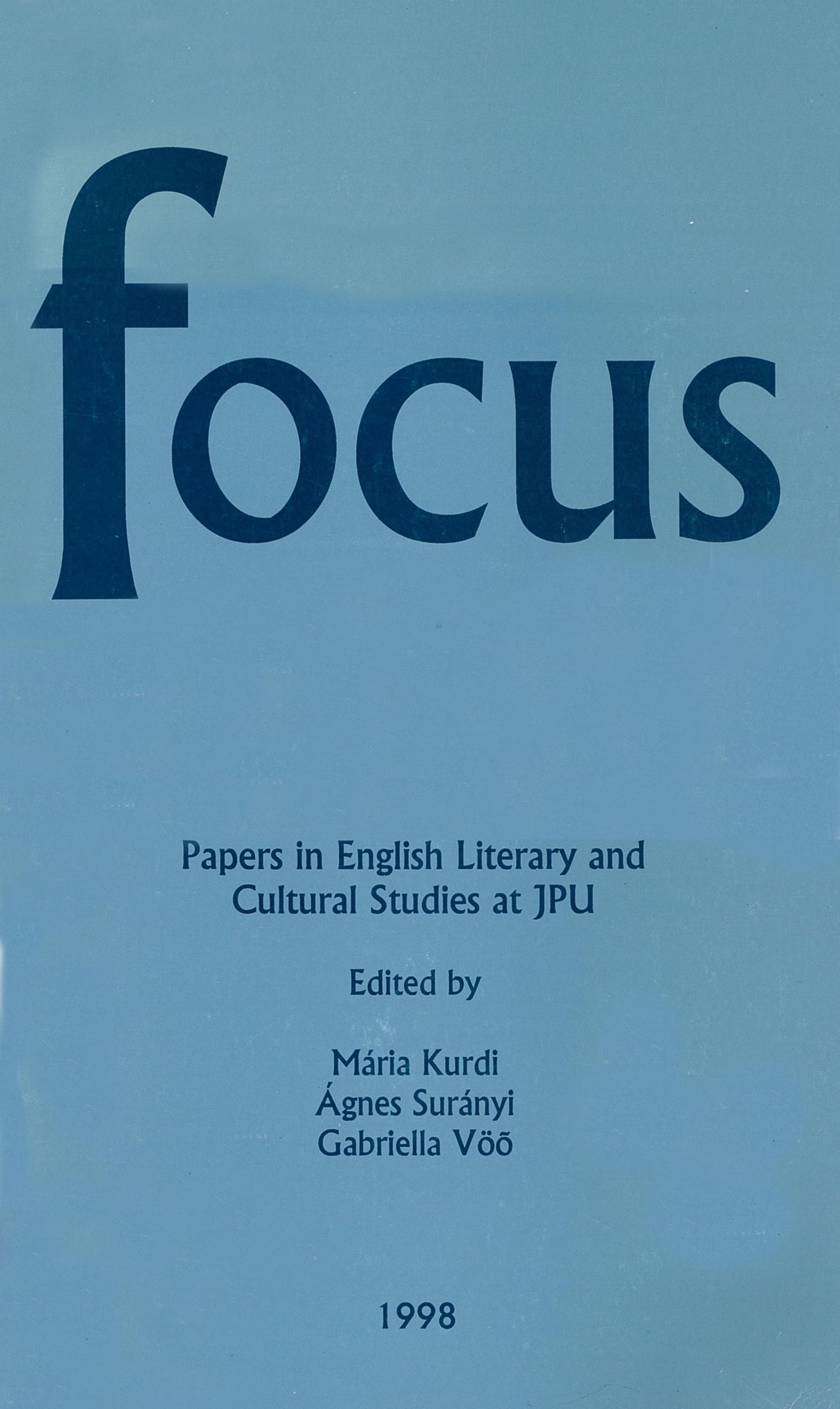From Beckett to Havel: Absurdist Playwrights of Western and Central Europe Compared
Abstract
The creator of the term of the absurd drama, Martin Esslin (who was born in Budapest, Hungary) published his book The Theatre of the Absurd in 1961. The term he used to characterize a trend in then contemporary drama soon became popular and mis-used. Esslin felt it important to draw attention to the sense in which he had intended to use the term. In the preface to the 1968 edition of his book, he stressed that the term of the Theatre of the Absurd was only a working hypothesis, a concept to give basis for the comparative analysis. “How could that have led to the assumption that Beckett and Ionesco should behave towards each other as members of the same club or party? Or that Pinter subscribed to the same views on politics or law as Genet? Only by profound misunderstanding” (Esslin, Theatre 12).
Downloads
Published
How to Cite
Issue
Section
License

This work is licensed under a Creative Commons Attribution-NonCommercial-NoDerivatives 4.0 International License.
FOCUS: Papers in English Literary and Cultural Studies follows the principles laid down by Creative Commons, which provides guarantees for the Author’s copyright while also ensuring that intellectual properties are made available for the wider public in a digital form. All papers submitted to the journal apply the following licence conditions (indicated on the journal’s website as well as in individual publications):
“© This work is licensed under a Creative Commons Attribution-NonCommercial-NoDerivatives 4.0 International License.”
You are free to:
- Share, copy and redistribute the material included in the journal in any medium or format under the following terms:
- Attribution — You must give appropriate credit to the Author, and indicate the original place of publication [FOCUS: Papers in English Literary and Cultural Studies, Issue nr., page numbers.].
- NonCommercial — You may not use the material for commercial purposes.
- NoDerivatives — You are not allowed to remix, transform, or build upon the material.
- The above conditions must always be indicated if the journal material is distributed in any form.
- The above conditions must always be met, unless a written permission signed by the Author and the Editor-in-Chief states otherwise.

